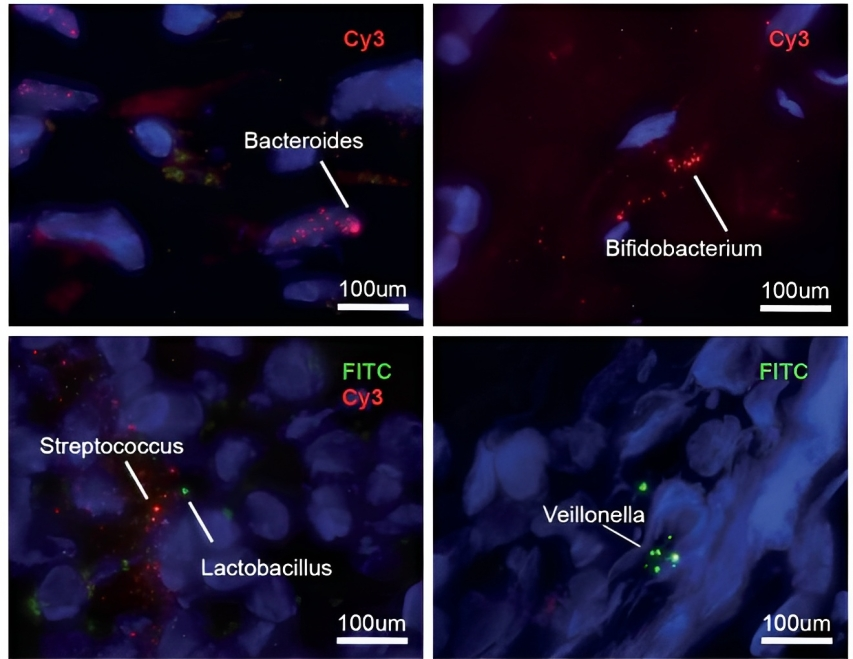A Highly Specific Fecal Microbiota Signature for Pancreatic Cancer

The microbiome is suggested to play a role in pancreatic ductal adenocarcinoma (PDAC) aetiology and progression. Kartal et al. explored the faecal and salivary microbiota as potential diagnostic biomarkers.
They applied shotgun metagenomic and 16S rRNA amplicon sequencing to samples from a Spanish case–control study (n=136), including 57 cases, 50 controls, and 29 patients with chronic pancreatitis in the discovery phase, and from a German case–control study (n=76), in the validation phase.
- Faecal metagenomic classifiers performed much better than saliva-based classifiers and identified patients with PDAC with consistent accuracy across early and late disease stages. Performance further improved when the microbiome-based predictions were combined with serum levels of carbohydrate antigen (CA) 19–9, the only current non-invasive, Food and Drug Administration approved, low specificity PDAC diagnostic biomarker.
- A microbiota-based classification model confined to PDAC-enriched species was highly disease-specific when validated against 25 publicly available metagenomic study populations for various health conditions (n=5792). Both microbiome-based models had a high prediction accuracy on a German validation population (n=76).
- Several faecal PDAC marker species were detectable in pancreatic tumour and non-tumour tissue using 16S rRNA sequencing and fluorescence in situ hybridisation.
In summary, the described faecal microbiome signatures enabled robust metagenomic classifiers for PDAC detection at high disease specificity, complementary to existing markers, and with potential towards cost-effective PDAC screening and monitoring.
© Image - Kartal et al.
Media contact:
International Society of Microbiota
[email protected]
Targeting Microbiota 2023 Congress
October 19-20, 2023
Website | Linked In | Facebook


